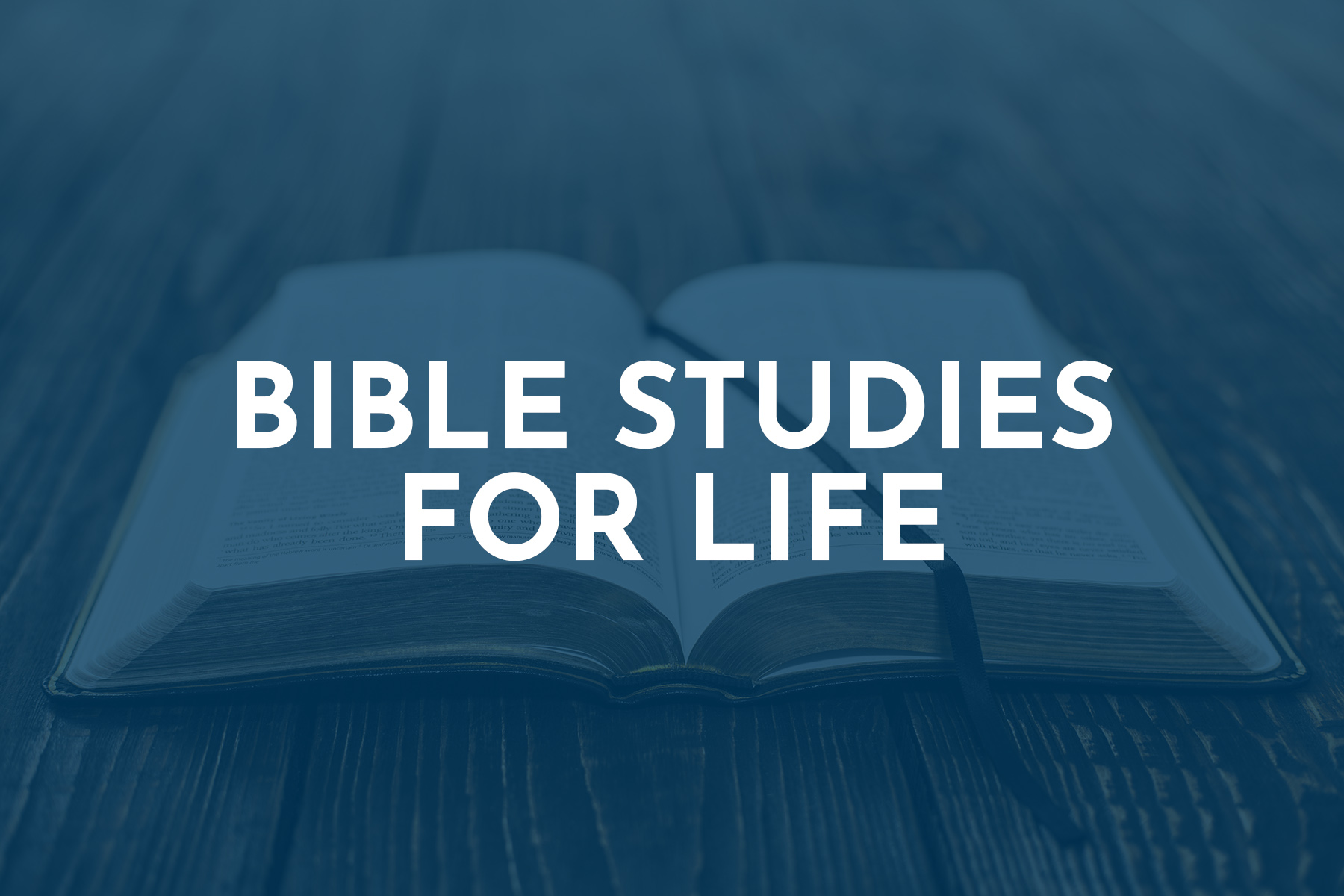God’s Promise of a King • 2 Samuel 7:8-16
By Jessica McMillan

Have you ever had a great idea that got rejected once you pitched it? That can be hard to take when we put ourselves “out there” and come away feeling unsuccessful and rejected. Maybe it was a bad idea. Or maybe, there was just a better one that you didn’t expect.
In this lesson series, we have looked at the covenants God made with Adam, Noah, Abraham, and Moses. In this passage, we read about a covenant that God made with David — one to establish an eternal kingdom through his lineage. The Holman Bible Dictionary defines a covenant as “an oath-bound promise whereby one party solemnly pledges to bless or serve another party in some special way.” In 2 Samuel 7, God promises David that He will use one of his descendants to establish an everlasting kingdom.
In the first seven verses of this chapter, David realizes that he is “living in a house of cedar, while the ark of God remains in a tent” (2 Samuel 7:2 NIV). He proposes to build a permanent home for the ark of the covenant, the symbol of God’s presence. In ancient Near Eastern culture, it was not uncommon for temples to be constructed taking into consideration the king and his offspring. Here God declines David’s offer, through Nathan the prophet, and instead, He promises to build one for David that will house his descendants forever.
2 Samuel 7:8-9
God reminds David that He has protected and provided for him over his lifetime, indicating His presence in David’s life. “I took you from the pasture, from tending the flock, and appointed you ruler over my people Israel. I have been with you wherever you have gone” (vv. 8-9 NIV emphasis added). Then God promises to make David’s name great.
2 Samuel 7:10-11
God also promises that what He will build will be a place of rest and respite for His people. “And I will provide a place for my people Israel and will plant them so that they can have a home of their own and no longer be disturbed. Wicked people will not oppress them anymore, as they did at the beginning and have done ever since the time I appointed leaders over my people Israel. I will also give you rest from all your enemies” (vv. 10-11 NIV). God is intricately aware of human limitations, and His work is not limited or stalled by human hurts and needs.
2 Samuel 7:12-16
The original recipients of God’s word in this passage likely would have understood this next set of verses as a reference to Solomon. “When your days are over and you rest with your ancestors, I will raise up your offspring to succeed you, your own flesh and blood, and I will establish his kingdom. He is the one who will build a house for my Name, and I will establish the throne of his kingdom forever” (vv. 12-13 NIV) Though sin committed by the descendants of David would bring severe consequences, God would not withdraw his unconditional, unrelenting, covenantal love from them (v. 15 NIV). And while Solomon’s kingdom may have seemed like a long one to those during the time of his reign, God was pointing toward a different kingdom — the one ruled by Jesus, Son of David.
David’s plan was to construct a building, but God’s plan was to build a kingdom. We must remember that God is always at work in our lives even when we don’t recognize it and that we can trust Him. He establishes His people, according to His own plan, not dependent on human will or action. His kingdom will never end, and is ruled by THE King, Jesus!
McMillan is a member of Prentiss Church, Prentiss.





